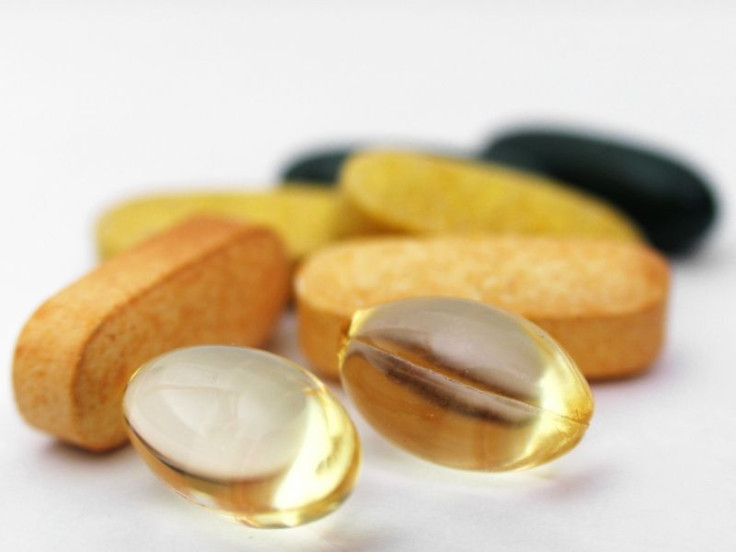Vitamin B Supplements Could Lower Stroke Risk By Up To 7%, But Only Under The Right Conditions

Adding a vitamin B regimen to your daily routine could effectively reduce your chance of having a stroke. Researchers from Zhengzhou University in China set out to determine the positive or negative effects that B vitamins can have on heart health.
"Previous studies have conflicting findings regarding the use of vitamin B supplements and stroke or heart attack," explained author Xu Yuming, of Zhengzhou University. "Some studies have even suggested that the supplements may increase the risk of these events."
Yuming and his colleagues conducted 14 randomized clinical trials that included 54,913 participants who were either given B vitamin, a placebo, or a significantly lower dose of B vitamin. After following each participant for a period of six months, the team observed 2,471 strokes — indicating a seven percent lowered risk of having a stroke.
The research team did note that supplements had no effect on how severe the stroke was or the patient’s risk of death from a stroke. Findings also showed that the supplemental form of folate, folic acid, actually reduced the effects of vitamin B.
"Based on our results, the ability of vitamin B to reduce stroke risk may be influenced by a number of other factors such as the body's absorption rate, the amount of folic acid or vitamin B12 concentration in the blood, and whether a person has kidney disease or high blood pressure," said Yuming. "Before you begin taking any supplements, you should always talk to your doctor."
According to the Centers for Disease Control and Prevention, 800,000 people in the United States die each year from a stroke, making it the leading cause of death in the U.S. Surviving stroke victims still face a bevy of health concerns, including paralysis, speech disorders, and psychological trauma.
Health care professionals claim that 200,000 deaths each year can be prevented by changing our daily habits, such as cutting out smoking, eating a diet low in salt, increasing physical activity, and monitoring blood pressure levels.
Source: Yan J, Song T, Changhe S, Chandra A, Qin J, Yuming X. Vitamin B supplementation, homocysteine levels, and the risk of cerebrovascular disease. Neurology. 2013.



























